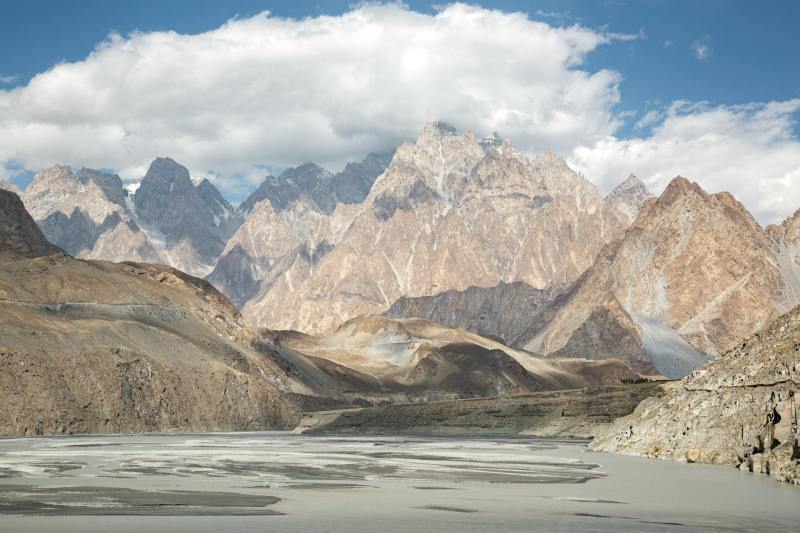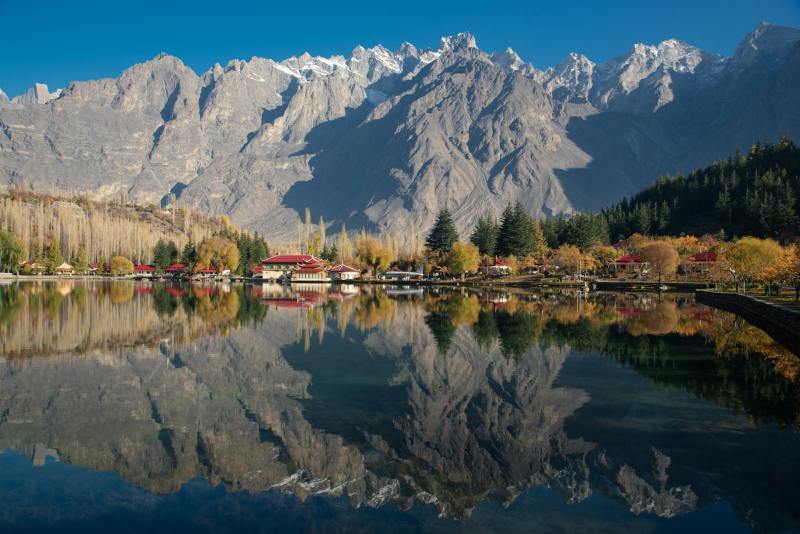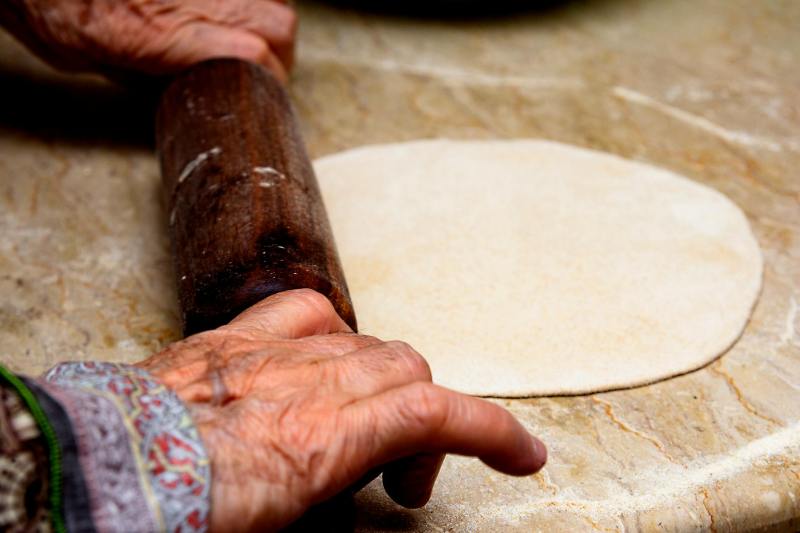Pakistan is a country of unparalleled beauty and rich cultural heritage.
From the towering peaks of the Karakoram Range to the vibrant bazaars of Lahore, there is something for every traveler. And the warmth and hospitality of the Pakistani people add to the charm of fascinating country.
In this post, we share a list of Pakistan must see places and cultural experiences. So, let’s dive right in!
The majestic north: a paradise for nature lovers
Hunza Valley
Nestled in the Gilgit-Baltistan region, the Hunza Valley is renowned for its breathtaking scenery.

This valley is often referred to as heaven on earth, and is surrounded by some of the highest peaks in the world, including Rakaposhi and Ultar Sar. The terraced fields, fruit orchards, and ancient forts such as Baltit and Altit Fort add to the valley’s charm.
Flights to Pakistan make it easier for international travelers to reach this hidden gem and explore its unparalleled beauty.
Fairy Meadows and Nanga Parbat
For adventure enthusiasts, Fairy Meadows is a dream destination. This lush plateau offers a stunning view of Nanga Parbat, the ninth-highest mountain in the world.
The serene meadows and surrounding pine forests create an ideal setting for camping and trekking.
Skardu
Skardu, the gateway to some of the world’s highest peaks, is a hub for mountaineers and trekkers.

The picturesque Satpara Lake, Sheosar Lake, and the ancient Skardu Fort are just a few of the attractions in this region.
Skardu also serves as the starting point for treks to the K2 Base Camp.
Historical and cultural marvels
Lahore: the heart of Pakistan
Lahore, often termed the cultural capital of Pakistan, is a city rich in history and tradition.

The magnificent Badshahi Mosque, the iconic Lahore Fort, and the lush Shalimar Gardens are testament to the Mughal legacy.
The vibrant Anarkali Bazaar and Food Street offer a sensory overload of sights, sounds, and flavors.
Islamabad: a modern capital with historical roots
Islamabad is known for its modern architecture, green spaces, and the Faisal Mosque – one of the largest mosques in the world.

The Pakistan Monument and Lok Virsa Museum provide insights into the country’s history and culture.
Taxila: a glimpse into ancient civilizations
A UNESCO World Heritage site, Taxila offers a fascinating journey through ancient Buddhist civilizations.
The ruins of Dharmarajika Stupa, Jaulian Monastery, and Mohra Muradu provide a glimpse into the region’s rich historical past.
Southern treasures
Karachi: the bustling metropolis
Karachi is a bustling metropolis that blends modernity with tradition.
Key attractions include the Quaid-e-Azam’s Mausoleum, Mohatta Palace, and the vibrant Clifton Beach.
The city’s diverse culinary scene and markets like Saddar and Zainab Market are not to be missed.
Makran coastal highway
The Makran Coastal Highway offers one of the most scenic drives in Pakistan.
Stretching from Karachi to Gwadar, this route passes through stunning landscapes, including the Hingol National Park and the unique Princess of Hope rock formation.
The pristine beaches along the coast, such as Ormara and Pasni, are perfect for a peaceful retreat.
Cultural festivities and traditions
Festivals: a kaleidoscope of colors and traditions
Pakistan’s cultural diversity is reflected in its numerous festivals. Basant in Lahore marks the arrival of spring with kite flying and celebrations.
The Shandur Polo Festival, held at the world’s highest polo ground, showcases the traditional sport of polo amidst breathtaking scenery.
Meanwhile, the Kalash Festival in the Chitral Valley highlights the unique customs and traditions of the Kalash people.
Cuisine: a flavorful journey
Pakistani cuisine is a rich blend of flavors and aromas. From the spicy biryanis of Karachi to the succulent kebabs of Peshawar, the country offers a culinary journey like no other.

Lahori cuisine, known for its spicy flavors, and the street food of Karachi, such as bun kebabs and chaat, are must-try experiences.
Practical information for travelers
Travel tips and safety
While Pakistan is a beautiful destination, it’s essential to stay informed about travel advisories and local customs.
Respect for cultural norms and traditions is paramount. Travelers are advised to dress modestly, especially in rural areas, and to seek local guidance for safe travel routes.
Best time to visit
The best time to visit Pakistan depends on the region.
The northern areas are best visited from April to October, while the southern regions and cultural hubs like Lahore and Karachi can be enjoyed year-round.
The cooler months from November to February are ideal for exploring cities and historical sites.

